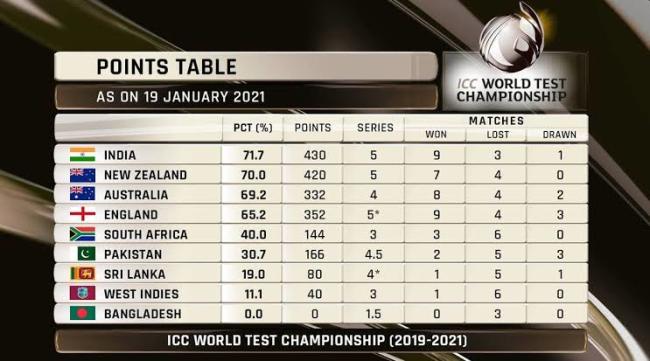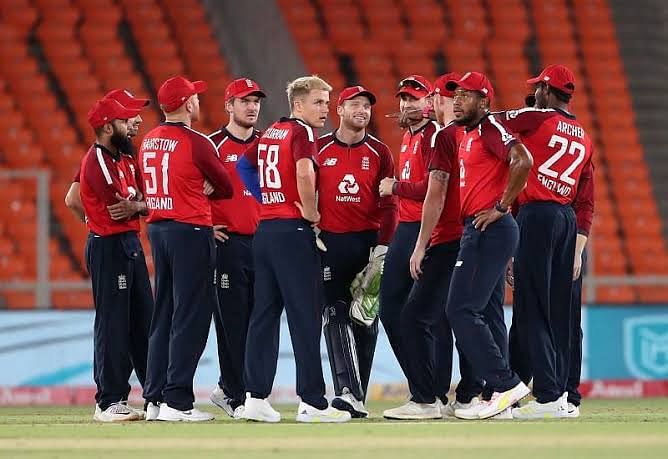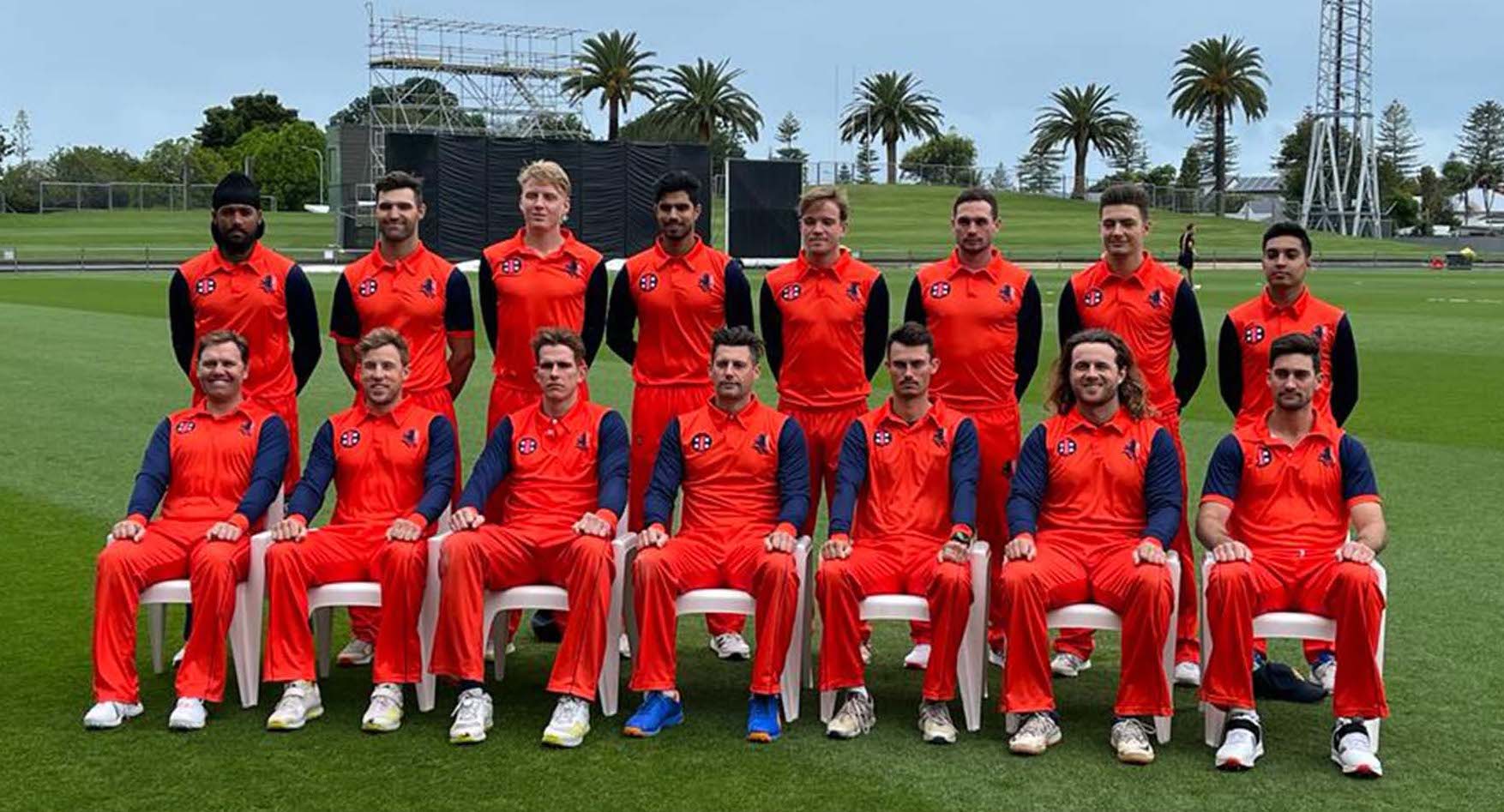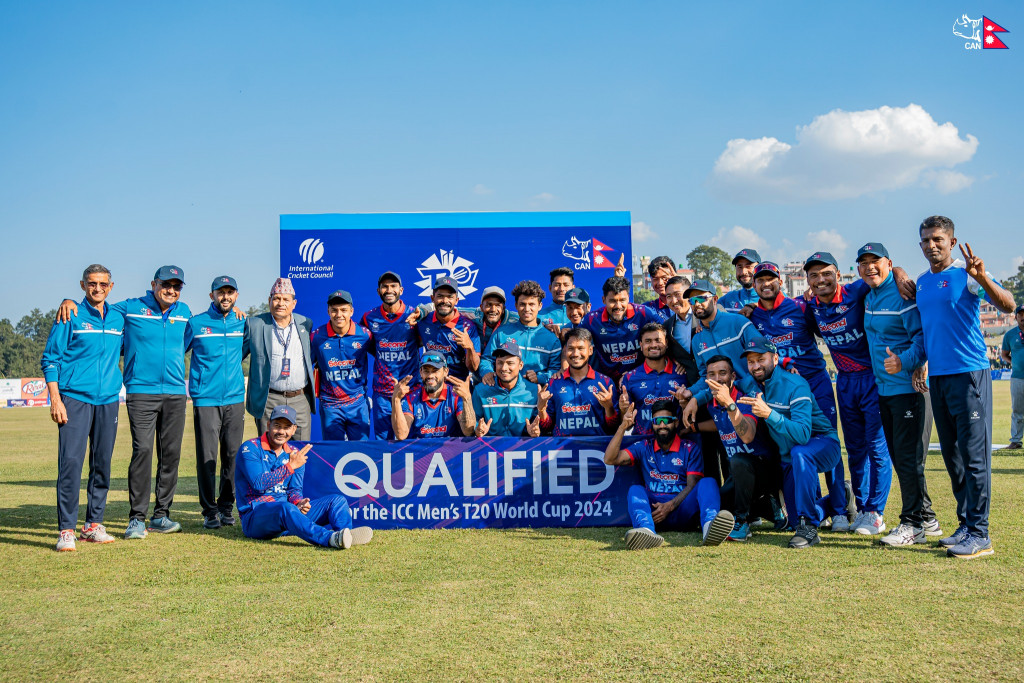After going through New Zealand's journey in the World Test Championship, today Cricwizz presents you with some thoughtful talking points about the World Test Championship Final.
Improper scheduling of practice matches
There are no doubts about how New Zealand won the final fair and square, no one can object to their credibility in clinching the World Test Championship Final too.
However, New Zealand's desire and hunger for the final was already at its apex after they beat England in England in a two-match Test series.
And before you question England's squad strength for the series, England didn't compromise in giving the Kiwis a strong fight. Joe Root, James Anderson, Stuart Broad, etc. were all part of the series and New Zealand were handed the perfect challenge as to what can be expected of them in the finals.
On the contrary, the Indians were returning after IPL's midway suspension and were completely out of competitive action since then. Some may say that the quarantine scheduling wasn't also done equally, while some may say that India did play an intra-squad test match.
But the question remains, who gets an upper hand going into the final? A side that plays a robust home side in a two-match series or a team that plays a single Test amongst themselves? Suit yourself.
The controversial point calculation process

Did you know that India played 17 tests before playing the World Test Championship Final, while New Zealand played only 11?
Not just that, the fact that England played 21 tests and Australia played 14. In fact, out of the ten teams competing in the World Test Championship, only Bangladesh, who finished last in the table, played fewer games than New Zealand.
Out of the 11, New Zealand won seven matches and lost four. However, England and Australia won 11 and eight matches respectively. Then why didn't they feature in the final?
We'll tell you. The reason is that the standings of the World Test Championship table were solely based on the PCT%. PCT percentage is the percentage of points won by a team out of the total number of points contested by each team/ points available for each team.
This means that because New Zealand lost just four matches compared to England and Australia's seven and four (Australia drew two tests as well) respectively, their PCT percentage was better than them, and thus, the Kiwis became the finalists.
The weird part about this process is that Australia and England both played more Test series than New Zealand which means their chances of not winning a Test were also more, while had New Zealand played more tests, was it assured that they would've won all of them?
The unjust distribution of opponents
The top four teams in the World Test Championship table were India, New Zealand, Australia, and England respectively.
India played six series, New Zealand played five, England played six, while Australia played four.
* India played Australia (Away), England (Home), New Zealand (Away), West Indies (Away), South Africa (Home), and Bangladesh (Home); New Zealand played India (Home), Sri Lanka (Away), West Indies (Home), Pakistan (Home), and Australia (Away).
* Australia played India (Home), England (Away), New Zealand (Home), Pakistan (Home); England played Australia (Home), India (Away), Sri Lanka (Away), South Africa (Away), West Indies (Home), and Pakistan (Home).
Not that it is New Zealand's fault here but the error was committed by ICC because a team that played only four series got at least three of the top four opponents for example Australia, while New Zealand, who played five series faced only two of the top four sides.
It seems like a difference of just one Test series but when you look at the table, New Zealand and Australia were only separated by 0.8%, a very small difference. Had Australia played a series more against the kind of opponents New Zealand competed against, we could've had a different final.
A 3-match finale
A lot of fans around the world also preferred a three-match final over a single final that was played in Southampton. Any guesses about the fans who wanted this?
Anyway, for in-depth reasoning as to why a three-match finale would've been a better option, click here.
There were a lot of other factors to discuss too. How Indians should've at least taken Bhuvneswar Kumar for the final, why was Shikhar Dhawan's form ignored for Shubman Gill who was inexperienced, and last but not least the conditions in Southampton being almost identical to conditions in New Zealand, helping them to perform and produce better results?
We don't know what is right and what is wrong if the questions mentioned above are reasonable or unreasonable, but what we know is that the inaugural World Test Championship could've had better execution of plans, with an equal and just opportunity to every nation.
Let us know your thoughts via Instagram and Twitter. Follow us on our social media handles for memes, updates, and more. We bet you won't be disappointed.
Stay tuned and keep visiting Cricwizz.com for more updates.






